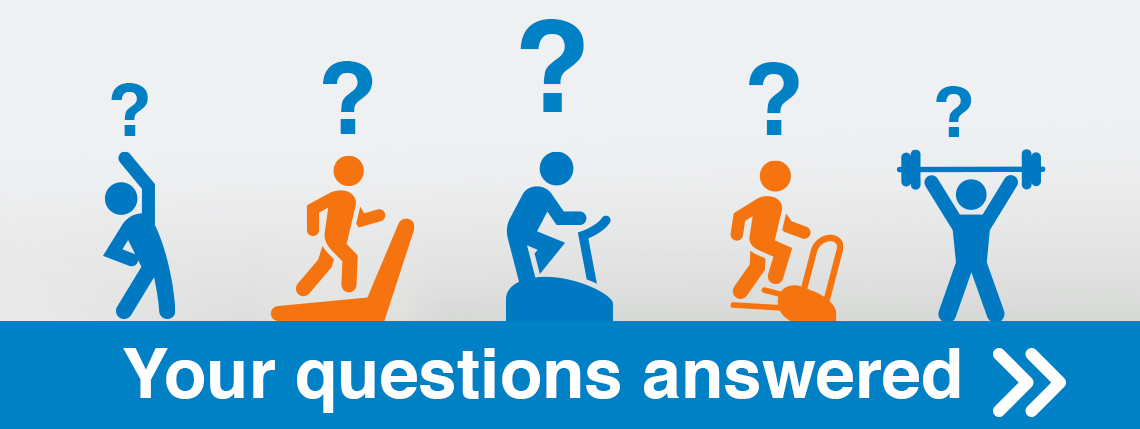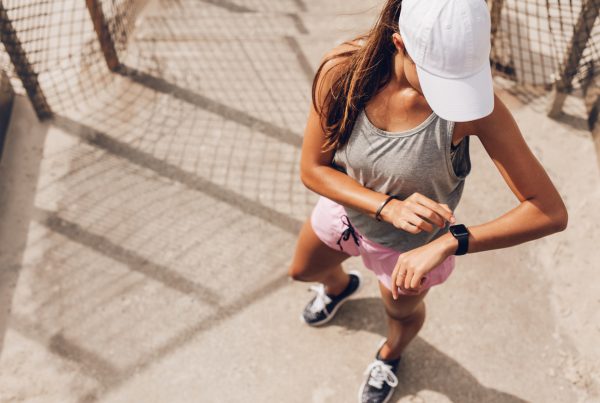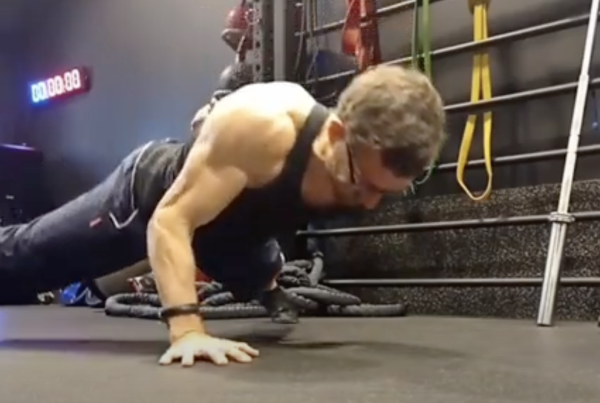Right now we are in a very uncertain and stressful time for our industry. We have therefore created our new regular feature, ‘Ask FitPro’. We want to tackle the topics most important to you and bring clarity through the confusion. We want this to be a welcoming space where you can send us any questions you may have, as we are sure many people will be thinking the same.
Your question could be about any aspect of the fitness industry, from your insurance to the best way to support someone with a unique condition. We will look to address the most common questions in our ‘Ask FitPro’ blog; some may even feature in a dedicated blog on the topic area!
We want to support you in every way possible and make sure you have the answers you need to ensure you can continue delivering excellent training sessions safely.
How should we adapt our approach to training clients if they have had COVID-19 and are still recovering?
All the time we are learning more and more about how COVID-19 affects our bodies. There has been varying severity of symptoms from this virus and the length of time for recovery. To explore and understand how fitness professionals can support their clients’ recovery, we reached out to two researchers from the Orthopaedic Research Institute, Bournemouth University, Louise Burgess and Tom Wainwright. You can read their exploration of the latest research on this topic HERE
As the world’s understanding of the lasting effect of this virus continues to grow, we will endeavour to supply up-to-date training resources that reflect the latest developments.
What do we do if new lockdown restrictions are initially vague and unclear?
We can empathise with the frustration and confusion that our members have felt when new government guidance gets released that can be interpreted in a few different ways. We continue to closely scrutinise the government guidelines and subsequent government updates in order to interpret and communicate any significant developments in practical terms. There have been occasions where more clarity has been needed from relevant government agencies such as the Department for Culture, Media and Sport and we continue to work closely with other industry partners to ensure these guidelines are applied consistently across the industry and are applicable to real-world environments. It is, of course, necessary to continue to follow government guidance at all times. We will endeavour to share any important updates with our members via our social media channels, emails and blogs at the earliest possible opportunity.
Can we have electric heating on in pilates studios as it gets colder during winter and will we have to either have windows open or air conditioning on to abide by COVID guidelines?
This is a difficult one, as there’s limited information currently available from the government regarding the provision for heating during exercise – the current guidelines require doors and windows to remain open for maximum fresh air circulation and the government states that ventilation systems should provide 100% fresh air and not recirculate from one space to another. This will, of course, not be possible mid-winter and we are sure this will be discussed in future government guidance. We will, however, need to await further information from the government and will provide further details as soon as these become available.
The insurance scheme continues to operate in line with government guidelines. Assuming you comply with this request, then there are no issues with regards to your insurance.
The current government guidelines in connection with air conditioning and ventilation systems during the coronavirus pandemic are shown here: https://www.hse.gov.uk/coronavirus/equipment-and-machinery/air-conditioning-and-ventilation.htm
General ventilation
Employers must, by law, ensure an adequate supply of fresh air in the workplace and this has not changed.
Good ventilation can help reduce the risk of spreading coronavirus, so focus on improving general ventilation, preferably through fresh air or mechanical systems.
Where possible, consider ways to maintain and increase the supply of fresh air; for example, by opening windows and doors (unless fire doors).
Also, consider if you can improve the circulation of outside air and prevent pockets of stagnant air in occupied spaces. You can do this by using ceiling fans or desk fans for example, provided good ventilation is maintained.
The risk of transmission through the use of ceiling and desk fans is extremely low, providing there is good ventilation in the area it is being used, preferably provided by fresh air.
Air conditioning
The risk of air conditioning spreading coronavirus (COVID-19) in the workplace is extremely low, as long as there is an adequate supply of fresh air and ventilation.
You can continue using most types of air conditioning system as normal. But, if you use a centralised ventilations system that removes and circulates air to different rooms, it is recommended that you turn off recirculation and use a fresh air supply.
You do not need to adjust air conditioning systems that mix some of the extracted air with fresh air and return it to the room, as this increases the fresh air ventilation rate. Also, you do not need to adjust systems in individual rooms or portable units as these operate on 100% recirculation. You should still, however, maintain a good supply of fresh air ventilation in the room.
If you’re unsure, we recommending seeking further advice from your heating ventilation and air conditioning (HVAC) engineer or adviser.
Where to next, find out the latest guidelines HERE







